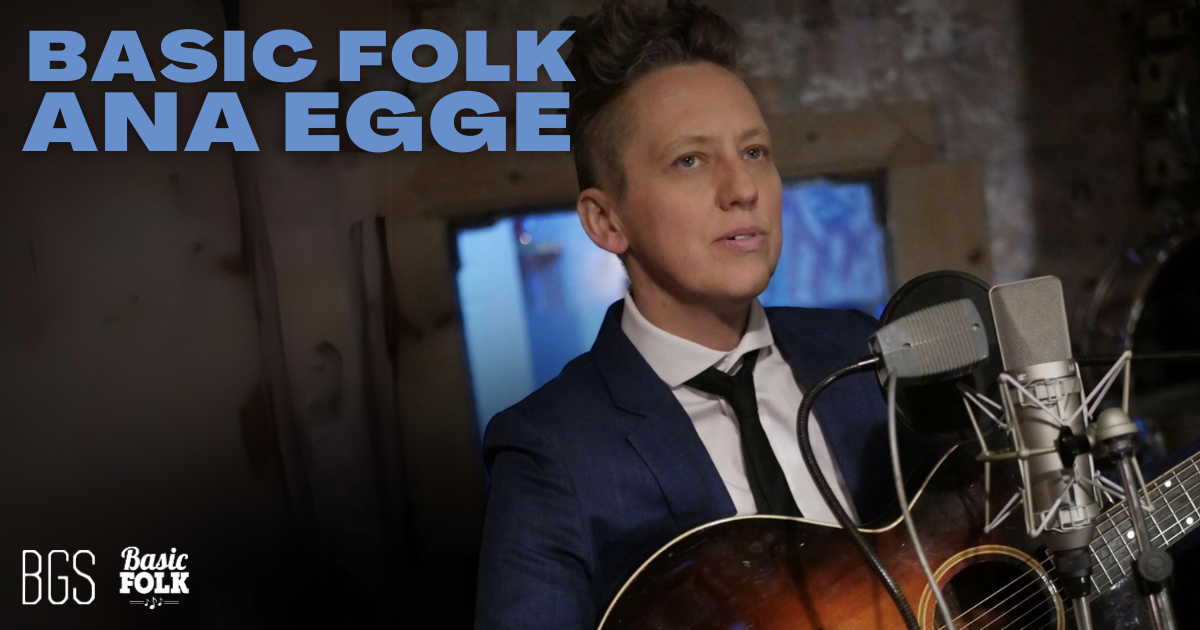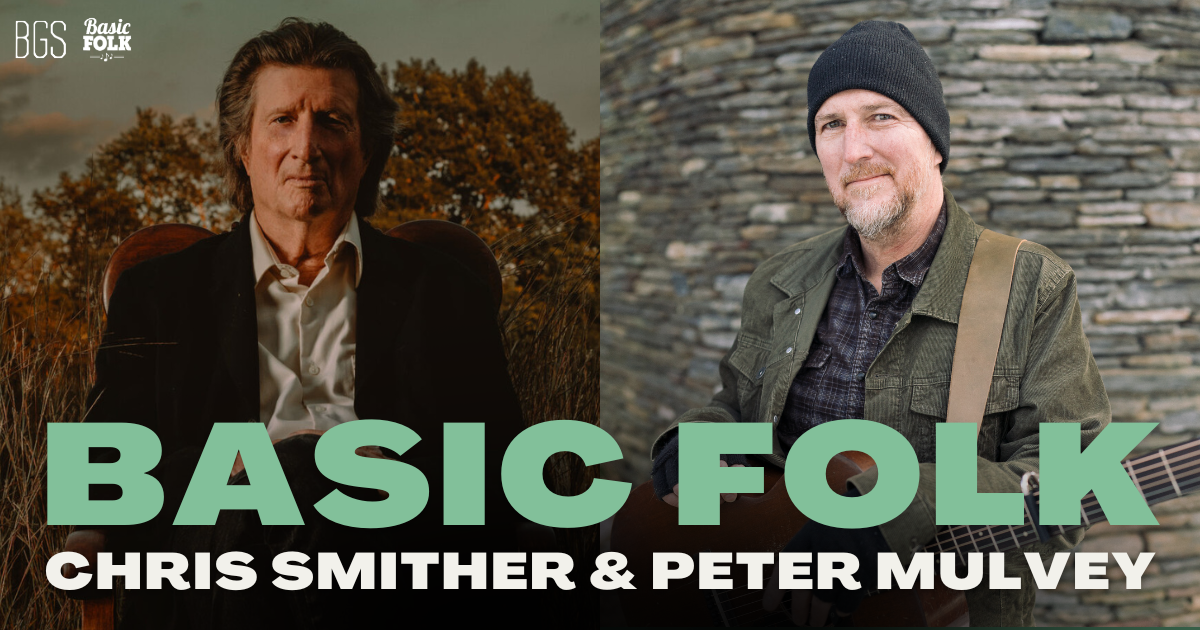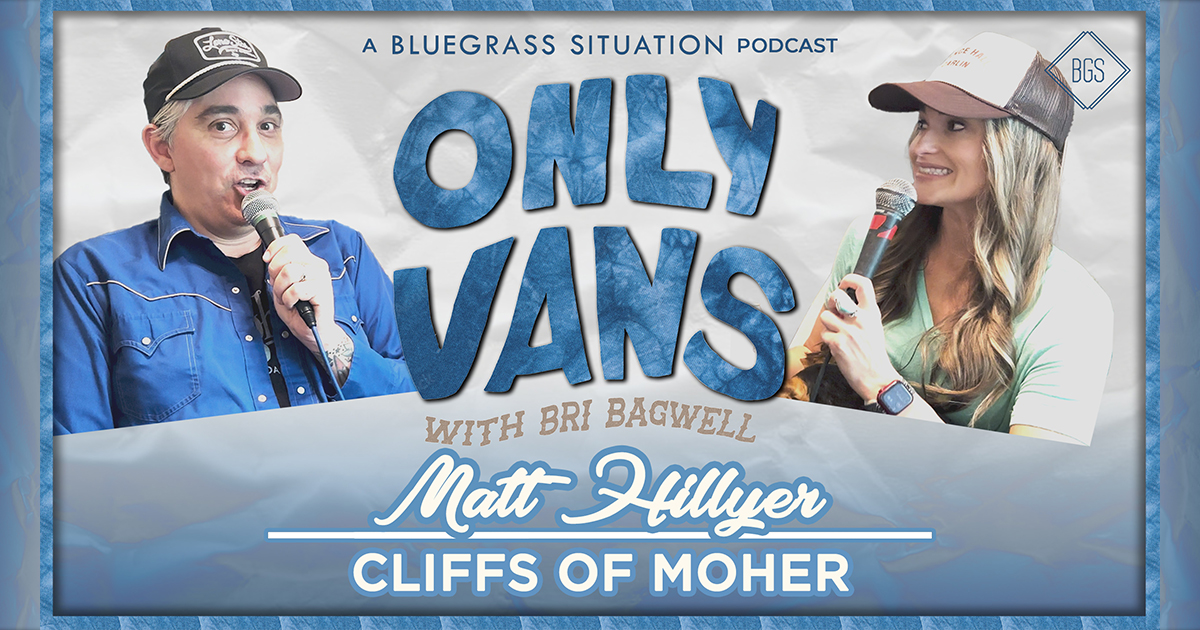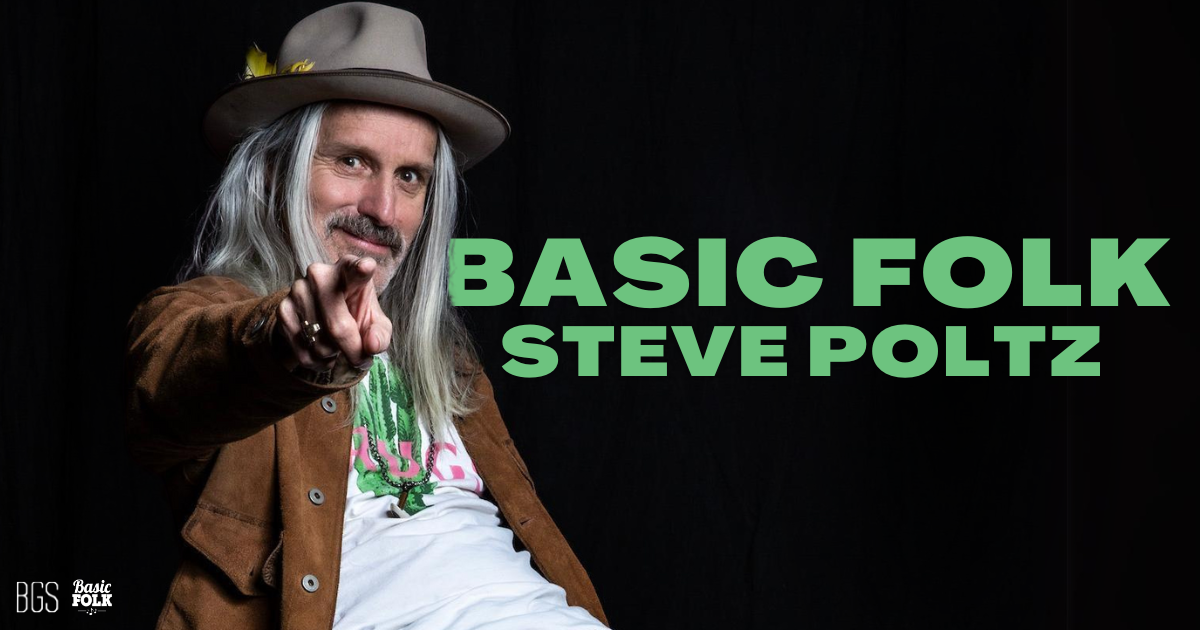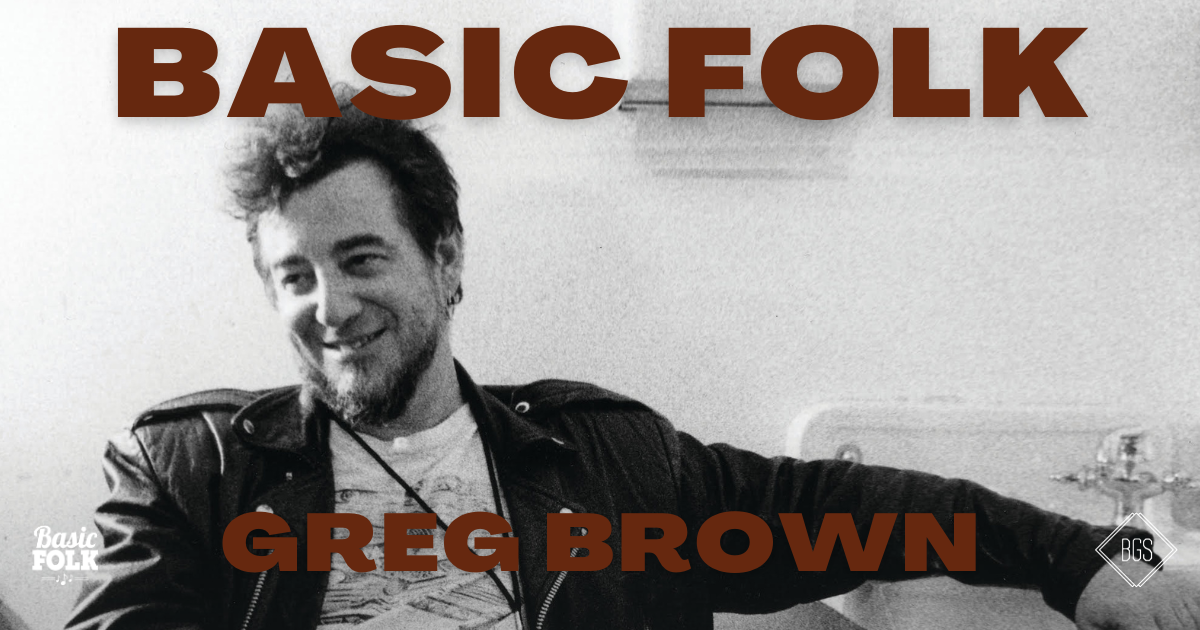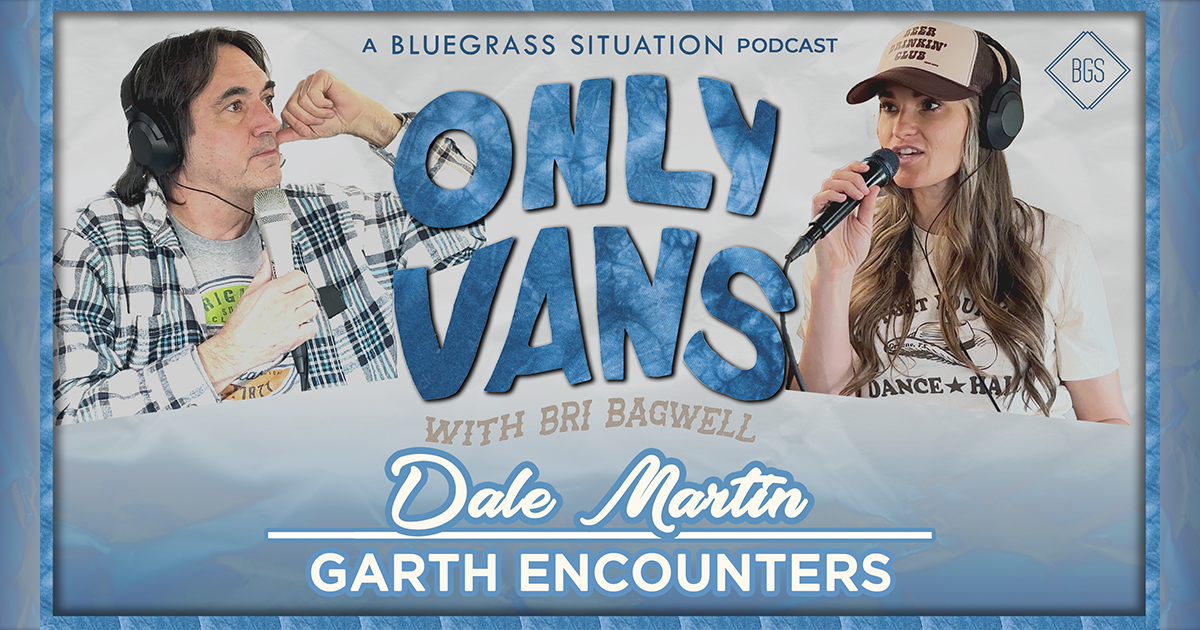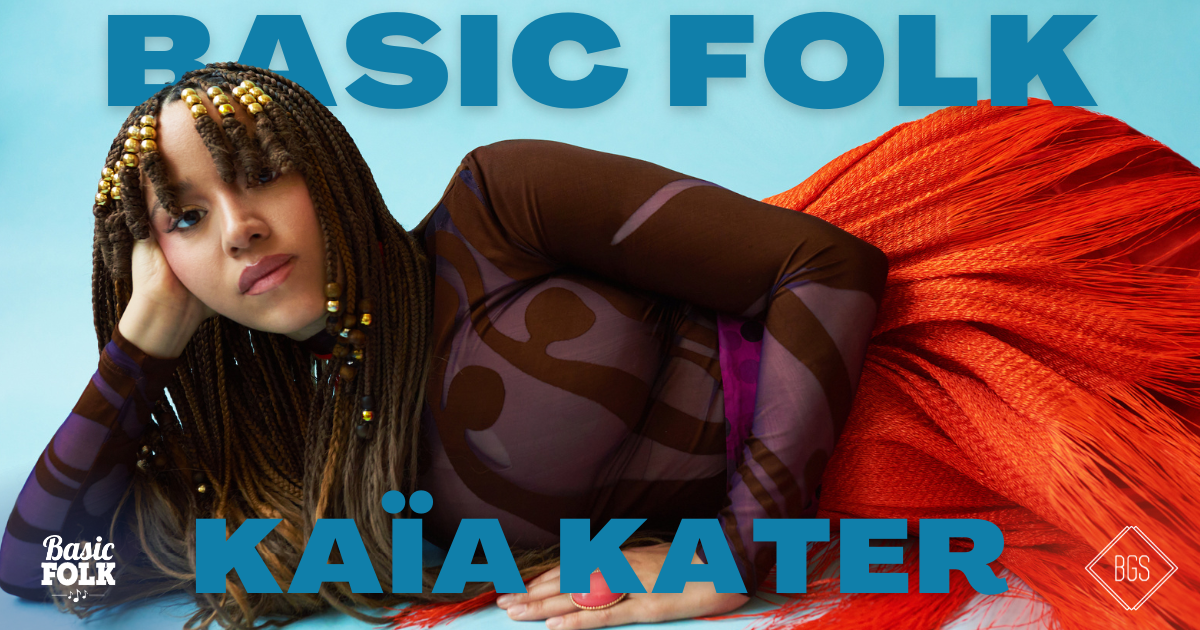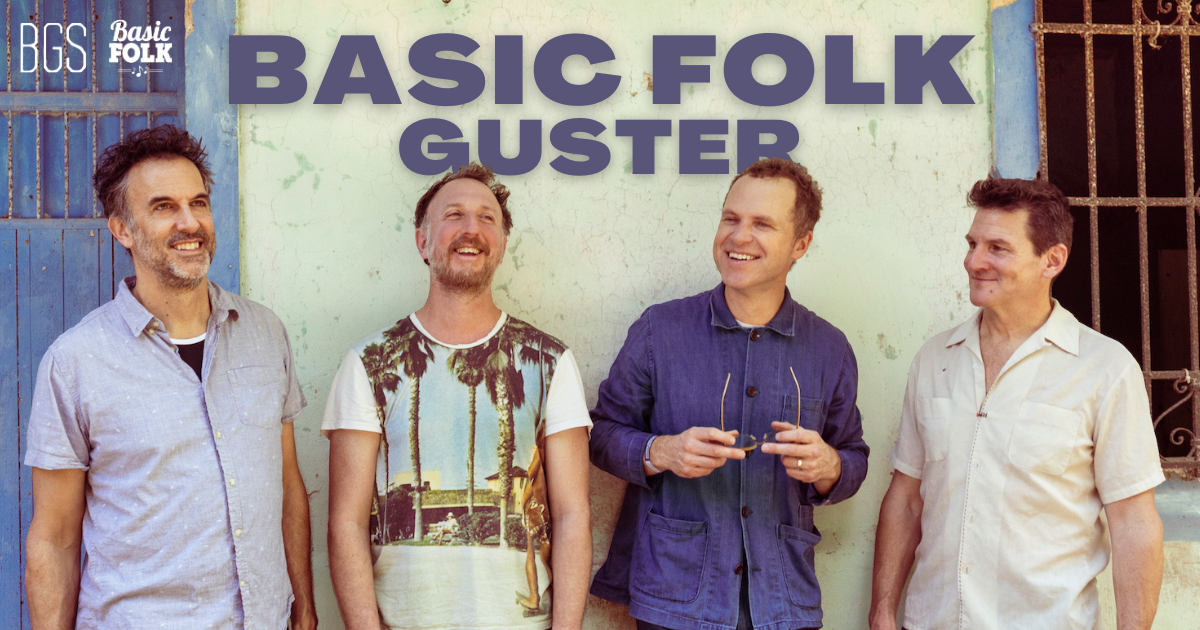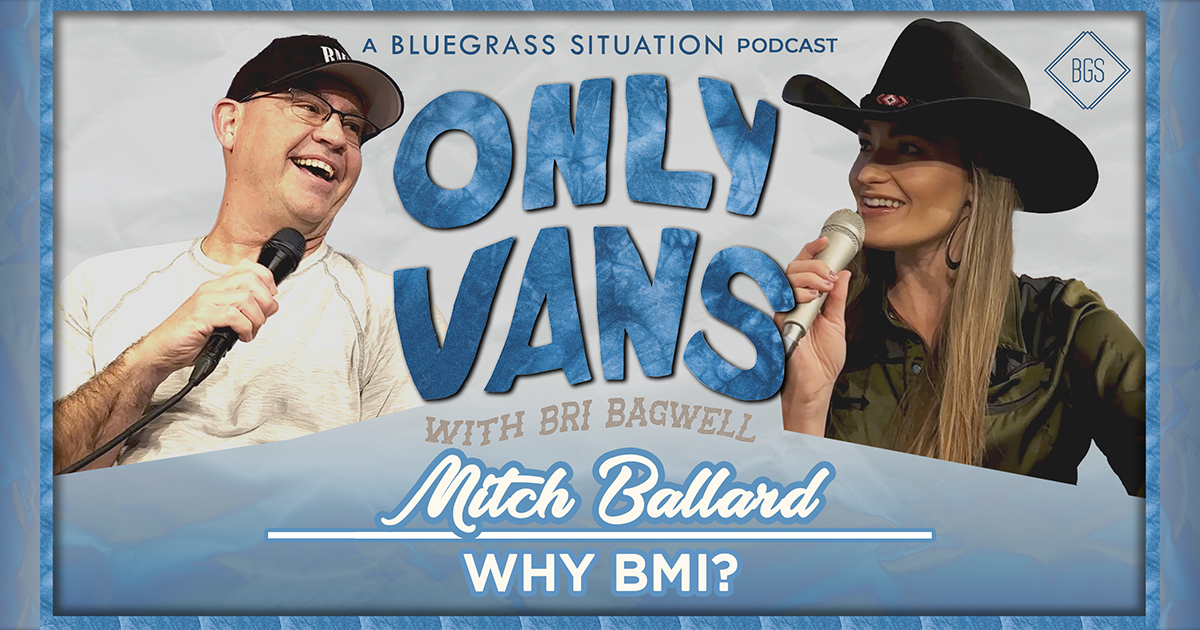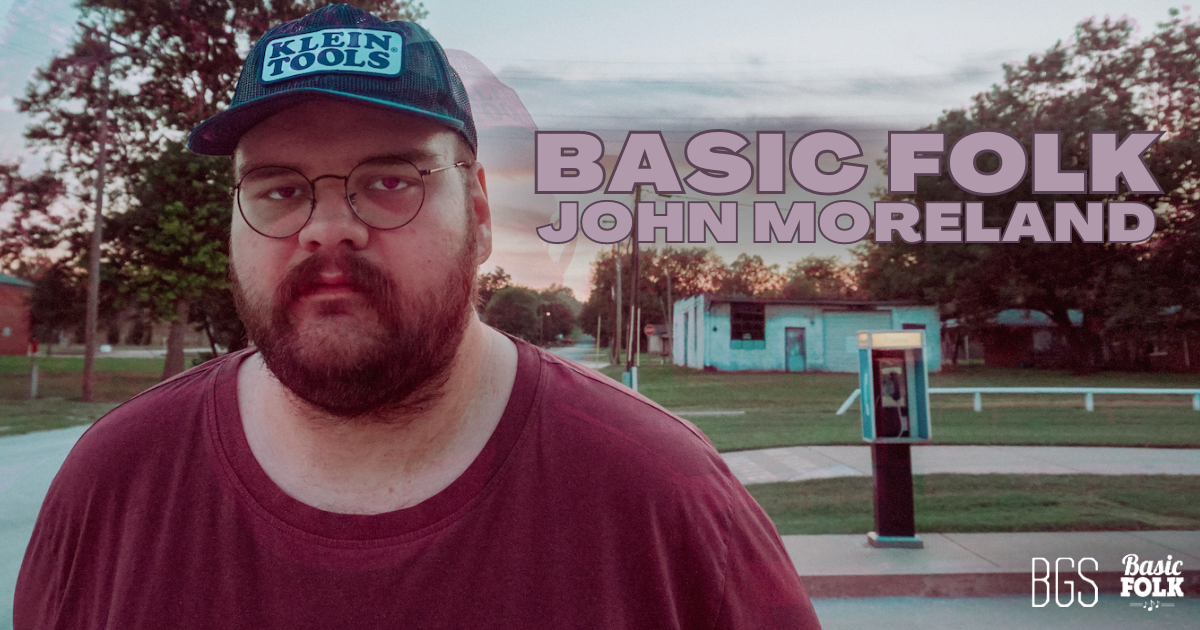Folk singer Ana Egge’s 13th album, Sharing in the Spirit, came out of the musician one song at a time. She didn’t even think about moving onto a new song before the writing and production of each song was complete. Working with her friend and collaborator Lorenzo Wolff, the songwriting process and music arrangement plan was to just work on a handful of songs. Their creative partnership manifested an entire record’s worth of indie folk, acoustic, and new folk music. The record includes eight originals and two covers: one by Biloxi songwriter Ted Hawkins and one by Irish musician Sinead O’Connor.
LISTEN: APPLE • SPOTIFY • AMAZON • MP3
Ana gives a huge songwriting credit to her dreams, which started getting more and more intense when she began her sobriety journey four years ago. Since then, she’s recorded her dreams, especially those with music segments and full songs, on her voice memos app. We go through the new album track by track, addressing themes in the songs like not sleeping through the revolution, the importance of telling the truth, feelings on mortality and how we’re gonna feel when Bob Dylan dies. Also: Ana was the VERY first guest on Basic Folk! I can’t go back and listen to myself four years ago, but I encourage you to check it out and then dive into her great new album.
Photo Credit: Lorenzo Wolff
